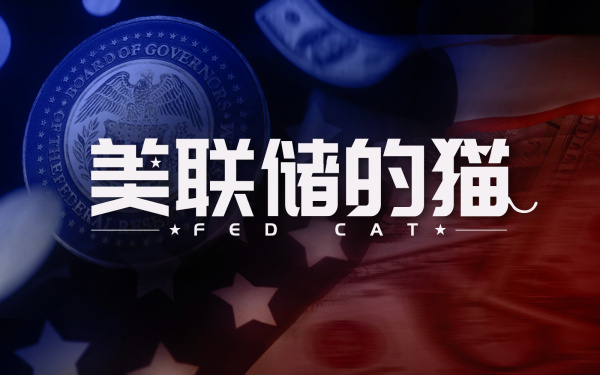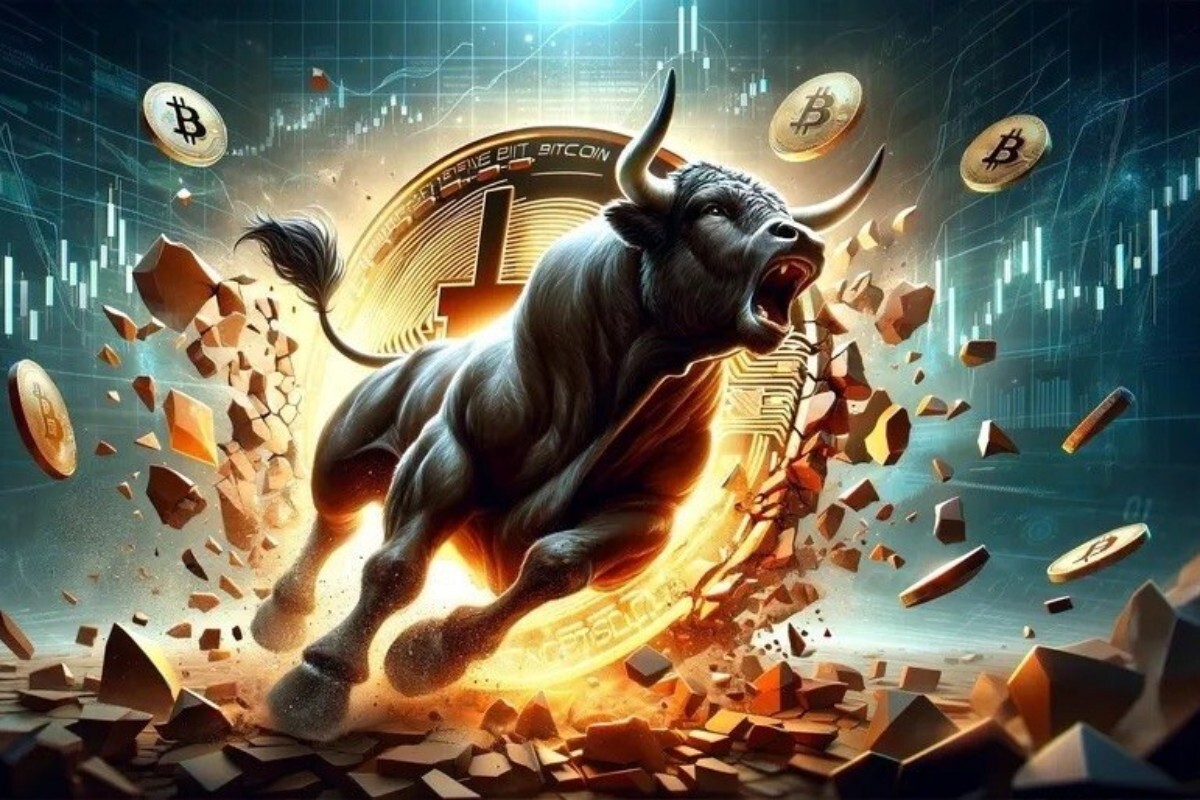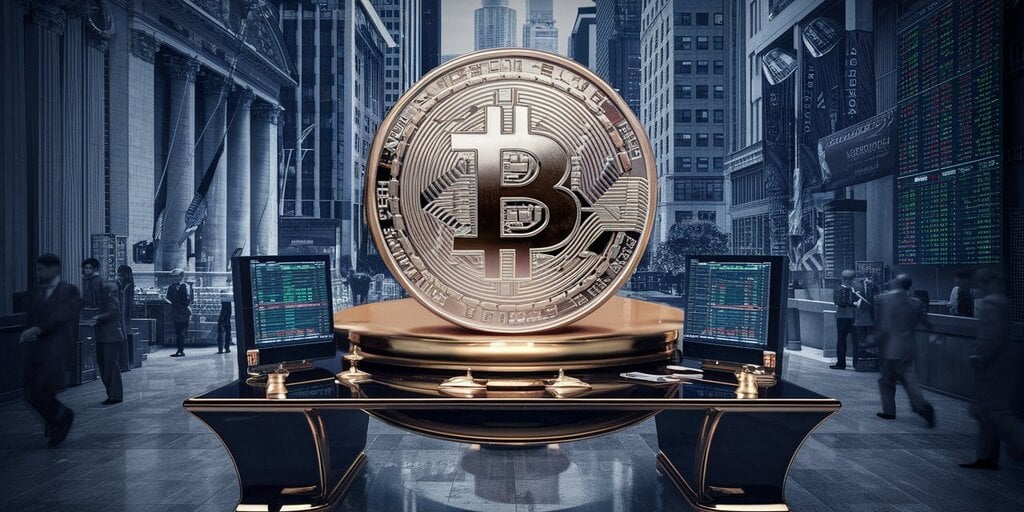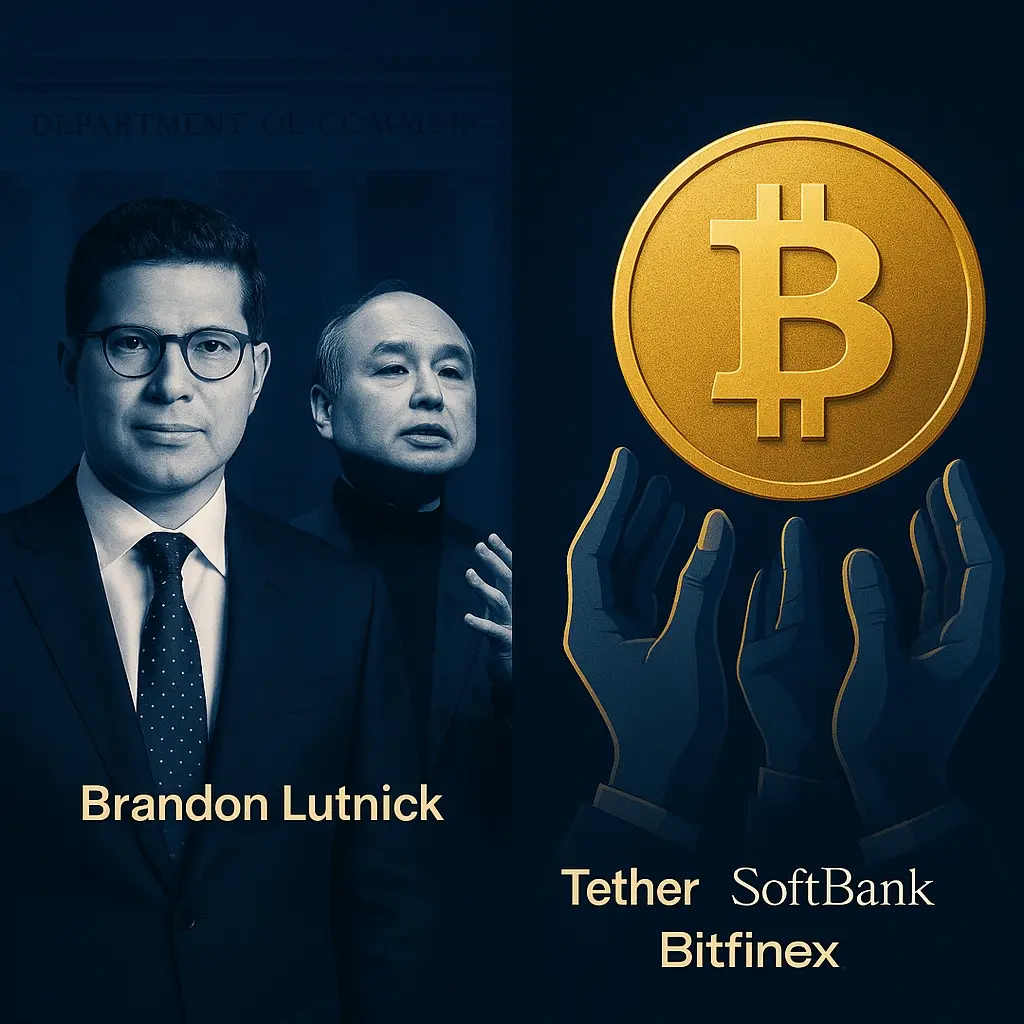Note: On April 23, 2025, Cantor Fitzgerald, the son of U.S. Commerce Secretary Howard Lutnick, announced the establishment of a new company called 21 Capital with SoftBank, Tether and Bitfinex.
According to documents submitted by 21 Capital to the US SEC, the company plans to start with a reserve of $3.5 billion in BTC (42,000), of which Tether will invest $2.05 billion in BTC (24,153), SoftBank will invest $891 million in BTC (10,500) and Bitfinex will invest $594 million in BTC (about 7,000). Each BTC is valued at about $85,000. It is worth noting that Tether and Bitfinex belong to the same parent company and have the same actual controller.
In response to Cantor Fitzgerald's latest collaboration with SoftBank and Tether, Jeff Park, head of strategy at Bitwise Alpha, posted a comment on their cooperation. He said that this is the biggest news that many people don’t pay attention to. Their cooperation is not just cryptocurrency, not just the macroeconomic, but a comprehensive redesign of the global financial system with Bitcoin as the core. He believes that Japan's "lost decades" gave birth to SoftBank and the US dollar hegemony gave birth to Tether. Today, these two forces in the global financial field are uniting.
The following is the full text of Jeff Park’s sharp comments:
For decades since the 1990s, Japan has struggled to get rid of the stagnation of economic stagnation. As a countermeasure, policymakers have implemented one of the most radical ultra-low interest rates in modern history, aiming to stimulate domestic investment and revitalize economic growth. However, this policy did not trigger an economic recovery at home, but instead gave birth to the most influential financial distortion engine:"Global Arbitrage Transaction"。
Let me first introduce the background. This global arbitration trading system is a form of financial suppression. In developed economies like Japan, structural low interest rates prompt capital to flow abroad in search of higher returns. The cheap yen flows into the U.S. Treasury bond market, emerging markets, and speculative tech startups, creating the illusion of abundant global liquidity, while quietly aggravating systemic risks. in this case,Japan is no longer a natural engine of economic growth, but more like an unnatural global financial institution - relying on external assets to appreciate, while its domestic productivity is gradually shrinking and its currency continues to depreciate.
therefore,To understand SoftBank’s rise, it must be regarded as an inevitable product of this system. SoftBank obtains funds from a suppressed monetary environment, conducts financial arbitrage, and invests funds in global high-growth and high-risk areas with extremely high leverage, which has some scheming meaning.From a technical perspective, SoftBank is a listed company, but it operates more like a "de facto sovereign wealth fund", with support from state-related entities such as Saudi Arabia Public Investment Fund (PIF) and Abu Dhabi Mubadala Investment Company (Mubadala), and plays an important role in strategic industries.. Historically, Masayoshi Son has a quasi-nationalist flair, which shows that it is not only about return on investment, but also about reigniting the competitive spirit of Japan (and its partners) in the era of exponential technology, while fighting financial suppression.
Because at the other end of the global system is the United States, it has long enjoyed what is called "excessive privilege". As the issuing country of the world's reserve currency, the United States can borrow at a lower interest rate and control the circulation of the US dollar through the Global Banking Financial Telecommunications Association (SWIFT) and sanctions. This is a financial repression for other countries, and a privilege for the US dollar issuing US. However, the US abuse of “overprivileges” has not escaped the eyes of the international community (the worst example is the US freezes Russia’s central bank reserves in 2022).
Now let's talk about Tether,Tether is an unofficial “eurodollar” manufacturing machine in the crypto era (note: refers to an offshore dollar with savings outside the United States and not regulated by the Federal Reserve)。Operating outside the traditional banking system, Tether acts as a shadow central bank, exporting digital dollars without being subject to U.S. regulation to meet global demand.Just like London's eurodollar market after World War II, Tether allowed overseas participants to acquire US dollars while quietly obtaining interest rate spread returns. If financial suppression is a burden to the public, then Tether is the private loophole that the international community needs.
Against this backdrop, SoftBank and Tether’s emerging cooperation through Cantor Fitzgerald mark a key geopolitical and financial turning point.SoftBank and Tether are mirror images of the hegemony of the dollar: one is the beneficiary of the weaponization of the dollar, creating synthetic dollars in the regulatory gray area; the other is the product of the weaponization of the dollar, which has to adopt a compliant but excessive leverage strategy in order to get rid of domestic economic stagnation.
This transformative cooperation is now in merging as the trade war awakens Japan from its long sleep.If SoftBank can leverage Tether's ability to transfer the dollar without censorship control at the lowest financing cost in the world, it has the potential to redesign the global financial system from within as the largest sovereign creditor of the United States. This will not only be a capital allocation, but a comprehensive system design - with Bitcoin as the core, and only Japan can do this.
With Tether as a partner, SoftBank may eventually turn things around, as Michael Saylor might say:The most desperate one is often the bravest one。
For Japan, which has been trapped in the inertia of foreign dependence for a long time, this is a rare opportunity for it to make the most strategic measures in the field of encryption.
















No comments yet